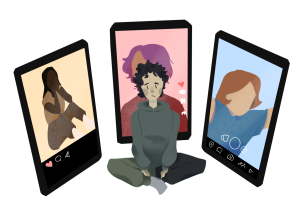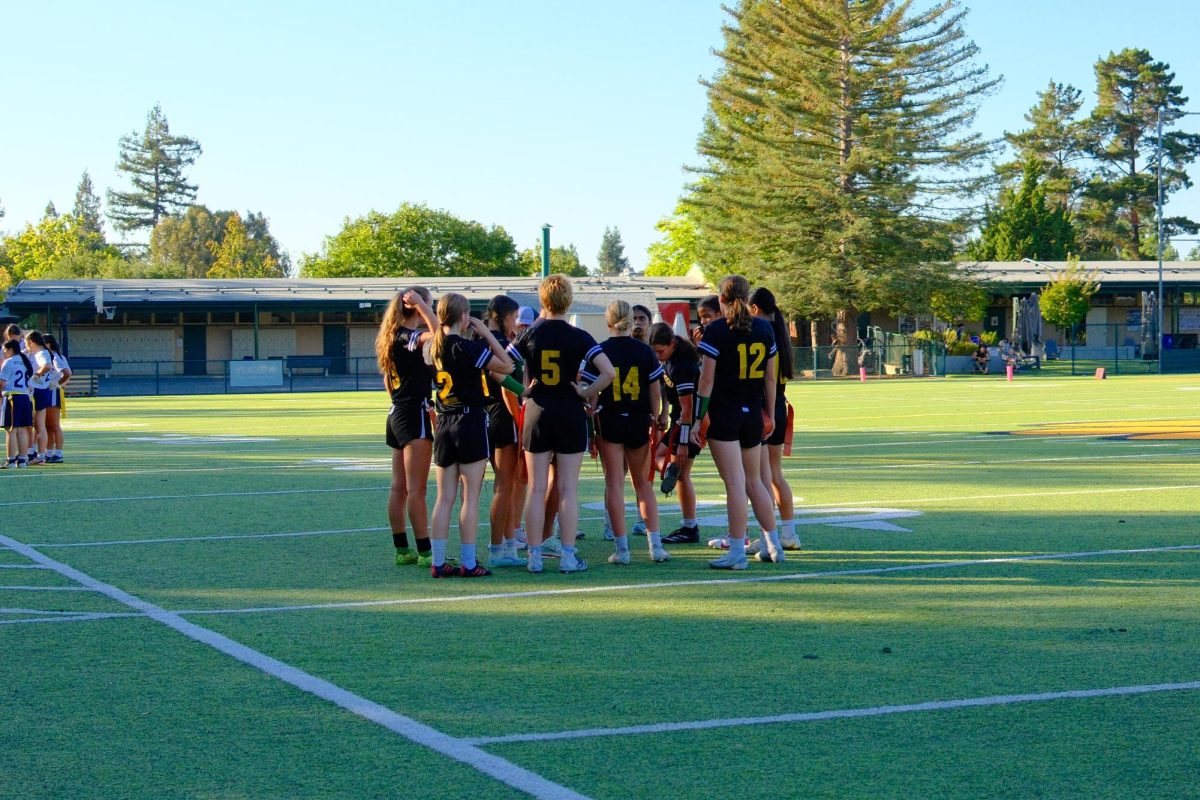Examining Pinewood’s Sex Ed Curriculum
November 9, 2022
Everyone’s been there: a school gym or classroom resounding with awkward giggles and filled with students attempting to look everywhere but the lecturer discussing sexual education.
The Center for Disease Control and Prevention (CDC) defines sexual education curriculums as programs that “provide students with the knowledge and skills to help them be healthy and avoid human immunodeficiency virus (HIV), sexually transmitted diseases (STD), and unintended pregnancy.”
Within the U.S., sex ed curriculums are neither federally mandated nor uniform. Astonishingly, Human Immunodeficiency Viruses (HIV) education in public school is required in only 39 states and the District of Columbia; further baffling is the fact that only 22 of those states are obligated to have medically accurate information. Ultimately, based on where students live, the information and scope of education that they receive can be entirely different.
Pinewood’s curriculum follows material from the Health Education Content Standards for California. In high school, for two weeks, in place of physical education, both freshmen and sophomores attend sex ed courses, although juniors and seniors do not. Additionally, both 7th and 8th graders receive basic facts about reproduction. Before each sexual education unit, school counselor Stephanie Fugita sends out an email explaining that the goal of the program is “promote positive choices by teaching the skills necessary to weigh options, make decisions and develop behaviors that will lead to healthy lifestyles. Students will be encouraged to assess their attitudes and behavior patterns to understand the impact that their choices have on their own well-being and their community.”
During the approximately hour and a half teaching spent specifically on sex ed, Fugita focuses on reproduction, sexually transmitted infections (STIs) including HIV, medical prevention of STIs, and safety while engaging students in extensive conversations about consent in another unit.
“Even though most of our students share that they are not sexually active and don’t plan to be anytime soon, we feel it is essential for them to have the same details that their same-age peers are getting in other schools so they do not get incorrect or false information,” Fugita said in an email interview.
Although Pinewood does teach a comprehensive curriculum, we have been finding that there are gaps in our knowledge. In September, juniors and seniors attended a presentation arranged by senior Natasha Moretti in which University of California San Francisco’s Dr. Laura Casalegno talked about HIV and AIDs awareness as well as prevention. Moretti saw a need for education beyond our sex ed programs because of stigma she saw on campus.
“I remember in a social studies class I was in when the word HIV / AIDS was mentioned . . . there was just an absolutely visceral reaction of fear in kids’ eyes,” Moretti said.
Beyond informing students of prevention and treatment tactics, Moretti’s goal was to reduce stigma and misinformation surrounding the topic. For example, in a pre-presentation survey, more than a third of students answered that they thought HIV could be transferred through kissing, a long-held misconception about HIV.
“I didn’t want to instill fear in people. I just wanted to give them the knowledge so that they could make more informed decisions and reduce HIV stigma,” Moretti said.
Given the statistics above, are we being adequately prepared? While there will always be misconceptions perpetuated about stigmatized topics, with this topic specifically, there’s a need for more education. Dr. Casalegno’s presentation not only touched on the stigma surrounding HIV / AIDs but also focused on the scientific aspect of it, explaining how the virus worked and emphasizing forms of treatment. That depth of knowledge along with the reemphasis of similar information we learned in health classes is essential.
While the administration is focusing on implementing supplemental health education presentations from the Young Women’s…
Christian Association (YWCA), a non-religous organization that strives to empower and offer resources for marginalized communities, many of those presentation topics concern emotional well being, sexual assault prevention, or gender dynamics. None of the presentation topics for the 22-23 school year address sex education specifically. Fugita shared that she hopes, in the future, Pinewood will implement a specific health elective so that students can receive further instruction and exploration of these issues.
Ultimately, comprehensive sex education prepares us for our future. Reemphasizing conversations surrounding sex ed topics for upperclassmen is important because it will only help Pinewood equip us with in-depth knowledge and resources so we can make informed decisions.
“It’s really important because your health matters [and] your partner’s health matters,” Moretti said. “You evolve and adapt as a person and you’re going to be faced with new situations and new relationship dynamics. If you have ongoing knowledge, then you’re going to know how to protect your own well-being and your partner’s well-being.”






